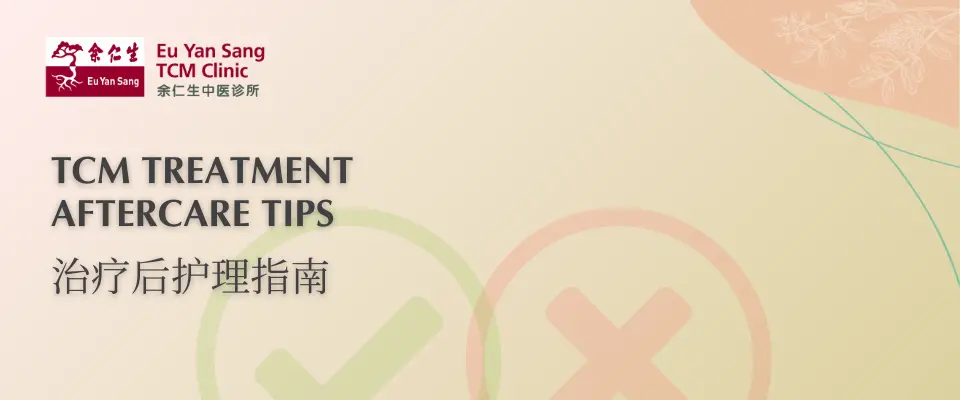In TCM, our digestive system transforms food into Qi and Blood, which are the most important substances necessary for life. Thus, maintaining good digestion is the basis for good health.
Our digestive system includes the functions of the Stomach, Spleen, Large Intestine and Small Intestine.
The Stomach is the main receiver of the food we consume. It is in charge of receiving and breaking down food and liquids for further absorption. If this function is disturbed, disharmonies such as loss of appetite, nausea and vomiting may occur.
The Spleen is the key organ of digestion in TCM. It transforms the nutritive essence from food and liquids in the Stomach into Qi, Blood and body fluids. The Spleen is also responsible for water metabolism. When the Spleen is in disharmony, symptoms like abdominal distention, poor appetite, loose stools or edema may follow.
The Small Intestine receives food from the Stomach to carry out the further absorption of essential nutrients needed by the body. Disharmony in the Small Intestine may give rise to urinary or bowel disorders.
The Large Intestine receives residual materials sent down from the Small Intestine, absorbs the remaining nutrients and essential fluids, then excretes the waste in the form of faeces. Dysfunction of the Large Intestine may result in abdominal pain, loose stools or constipation.
The Bladder stores and excretes urine. Common urinary problems may be manifested as incontinence or difficulty in urination, with a burning or painful sensation.
Digestive Disorder
Lifestyle, stress and dietary factors can put a strain on our digestive system. TCM provides satisfactory relief for digestive disorders through herbal medication, acupuncture and other treatment methods.
Here are some common digestive disorders and their related treatments from the TCM perspective:
(A) Indigestion
Indigestion is a condition caused by food stagnation. Overeating, eating too fast, or having a weak digestive system may also contribute to indigestion. Common symptoms of indigestion include fullness, bloating or aching in the upper, middle or lower abdomen, hiccups, a poor appetite, or breaking wind accompanied with strong and undesirable smells and bad breath.
In TCM, the treatment principles work by nourishing the entire digestive system to improve our digestive functions, as well as inducing bowel movements to remove stagnant food.
Common Chinese herbs used to relieve digestive problems are Hawthorn Berry (Shanzha, 山楂), Barley Sprout (Maiya, 麦芽), Rice Sprout (Guya, 谷芽), Chicken Gizzard Lining (Jineijin, 鸡内金), Unripe Bitter Orange (Zhishi, 枳实), Tangerine Peel (Chenpi, 陈皮) and Areca Seed (Binglang, 槟榔).
Acupuncture, massage, herbal medicines and dietary changes can help to relieve digestive problems too.
(B) Irritable Bowel Syndrome (IBS)
IBS is a common gastrointestinal disorder which may manifest itself differently from person to person. Some of the common symptoms of IBS are abdominal bloating, cramping or pain, flatulence, diarrhoea and/or constipation. Common symptoms of indigestion include fullness, bloating or aching in the upper, middle or lower abdomen, hiccups, a poor appetite, or breaking wind accompanied with strong and undesirable smells and bad breath.
IBS can result from eating too much greasy or spicy food, or from emotional factors such as depression, excessive anxiety and insomnia. These emotional factors may be triggered or aggravated by stress.
For symptoms of IBS, TCM prescriptions use herbs such as White Atractylodes (Baizhu, 白术), Tangerine Peel (Chenpi, 陈皮), Poria (Fuling, 茯苓), Siler Root (Fangfeng, 防风), White Peony Root (Baishao, 白芍), Licorice Root (Gancao, 甘草), Chinese Yam (Huaishan, 淮山) and Dried Ginger (Ganjiang, 干姜).
Acupuncture helps by alleviating the pain, regulating bowel movements and preventing abdominal pains or cramps associated with this condition. It also regulates the gastrointestinal functions, which may in turn manage the root of the problem.
(C) Heartburn
Heartburn is a condition where our Stomach acid rises up to the oesophagus. It is also known as acid reflux or acid regurgitation. The acid may cause a burning pain in the chest or throat, and leave a sour taste in the mouth. In TCM, heartburn is regarded as a manifestation of disharmonies in the Stomach and Liver’s functions. The basic treatment principle is to restore balance to optimise the functions of the Liver and Stomach.
Common herbs used to relieve heartburn symptoms are Processed Pinellia (Zhibanxia, 制半夏), Chinese Dates (Dazao, 大枣), Licorice Root (Gancao, 甘草), White Poeny Root (Baishao, 白芍), White Atractylodes (Baizhu, 白术), Peppermint (Bohe, 薄荷), Hare’s Ear Root (Chaihu, 柴胡), Chinese Angelica (Danggui, 当归), Poria (Fuling, 茯苓) and Fresh Ginger (Shengjiang, 生姜).
Ban Xia Xie Xin Wan (半夏瀉心丸) and Xiao Yao Wan (逍遥丸) are two classic formulae commonly used to reduce acid reflux and relieve heartburn symptoms.




.webp)